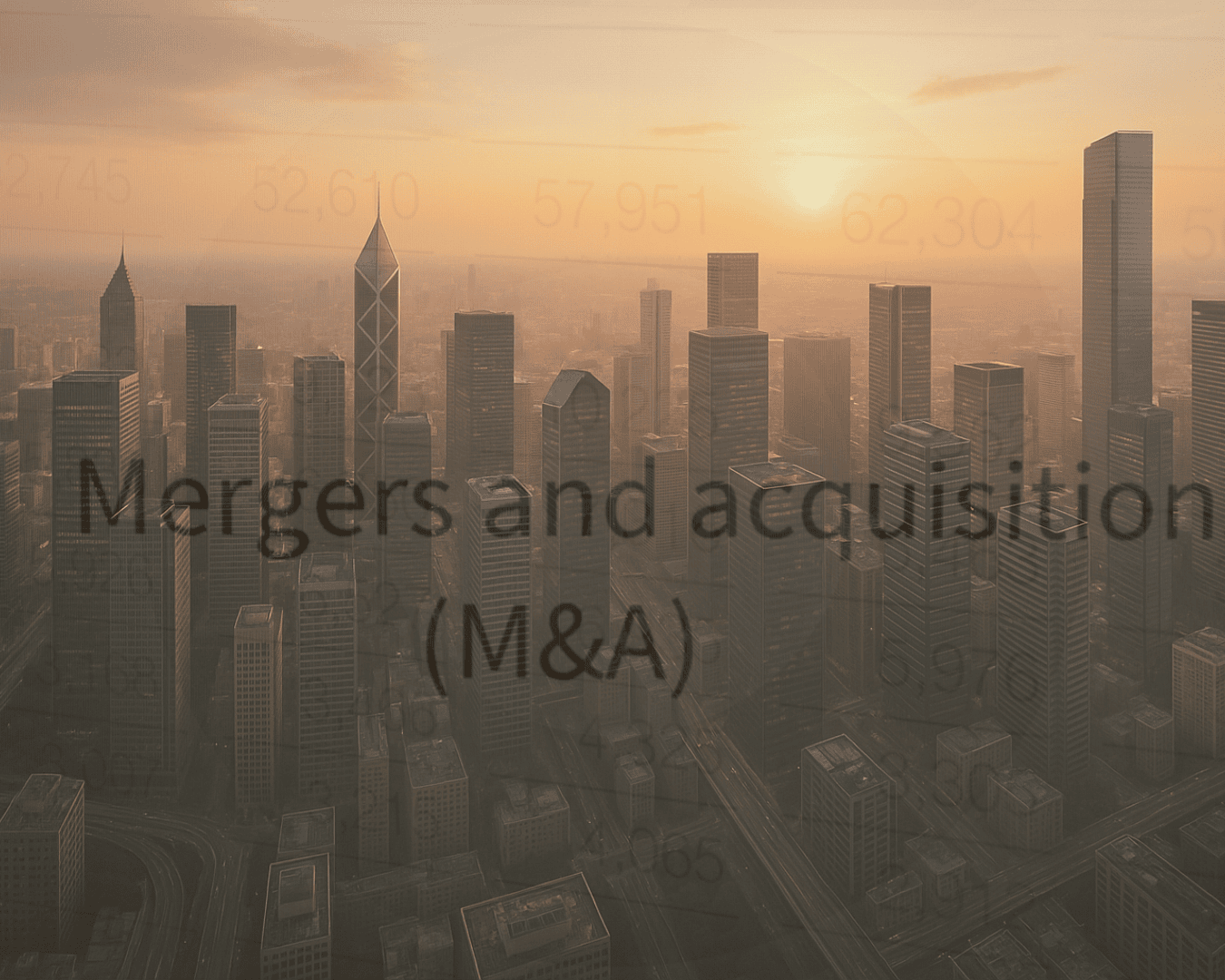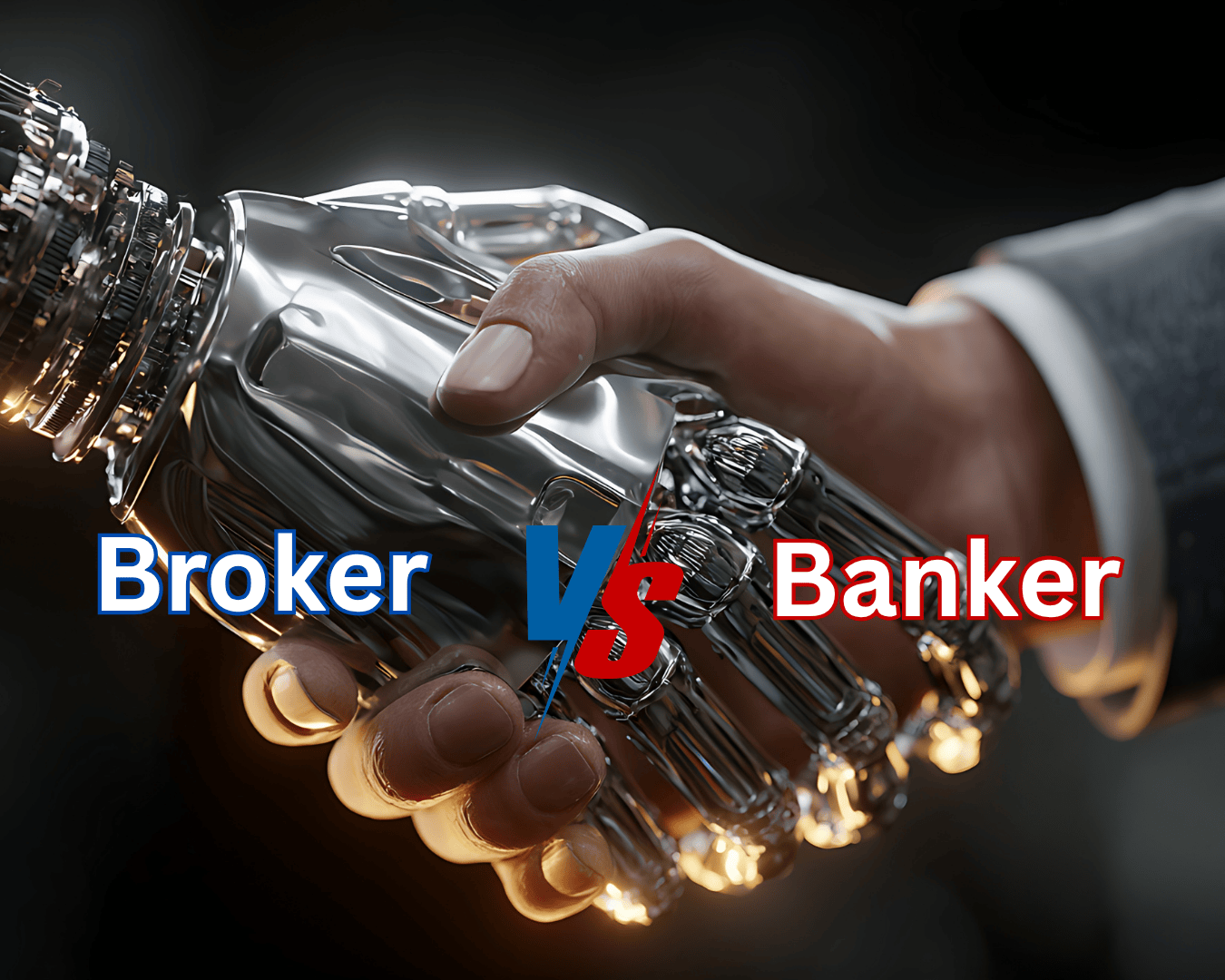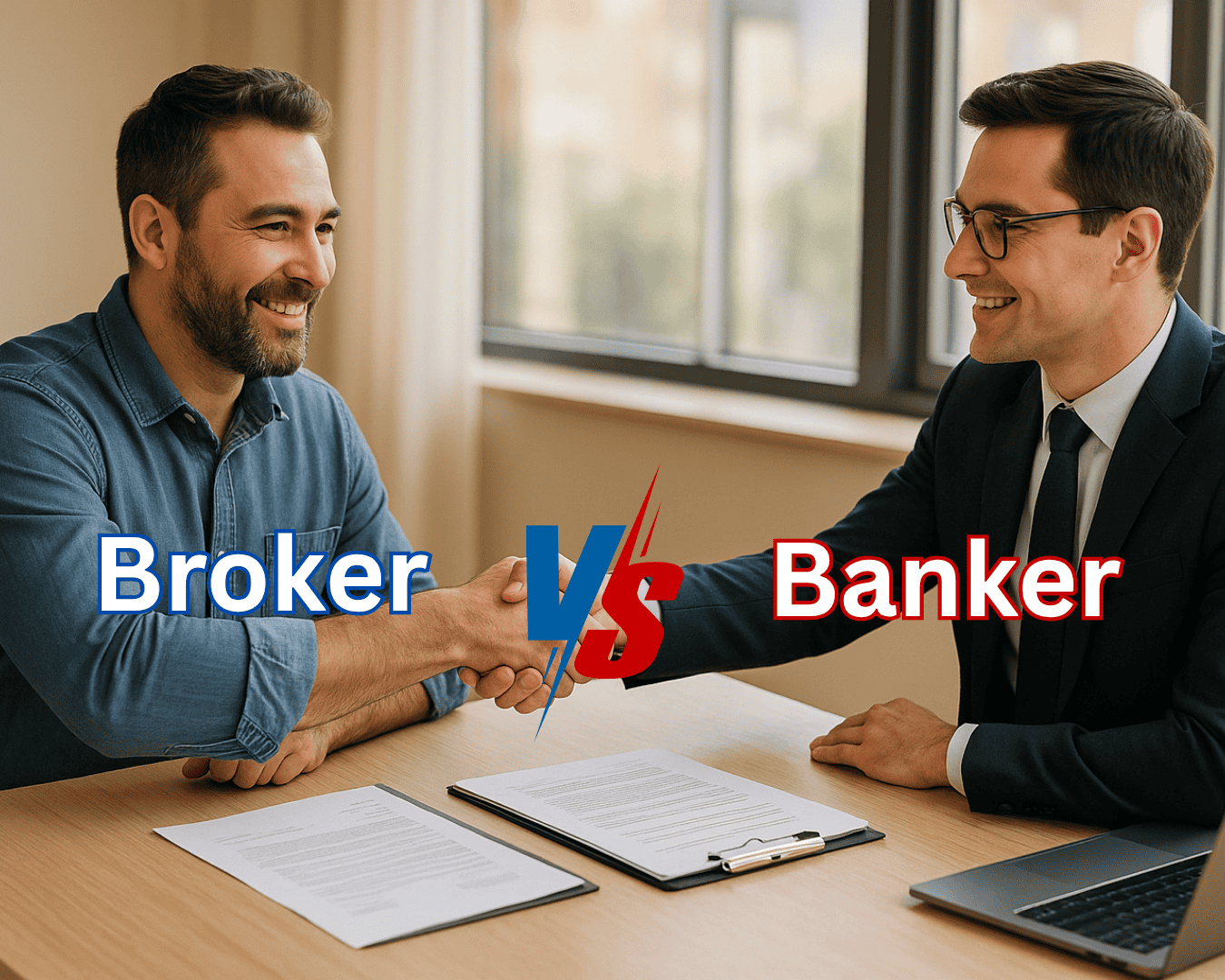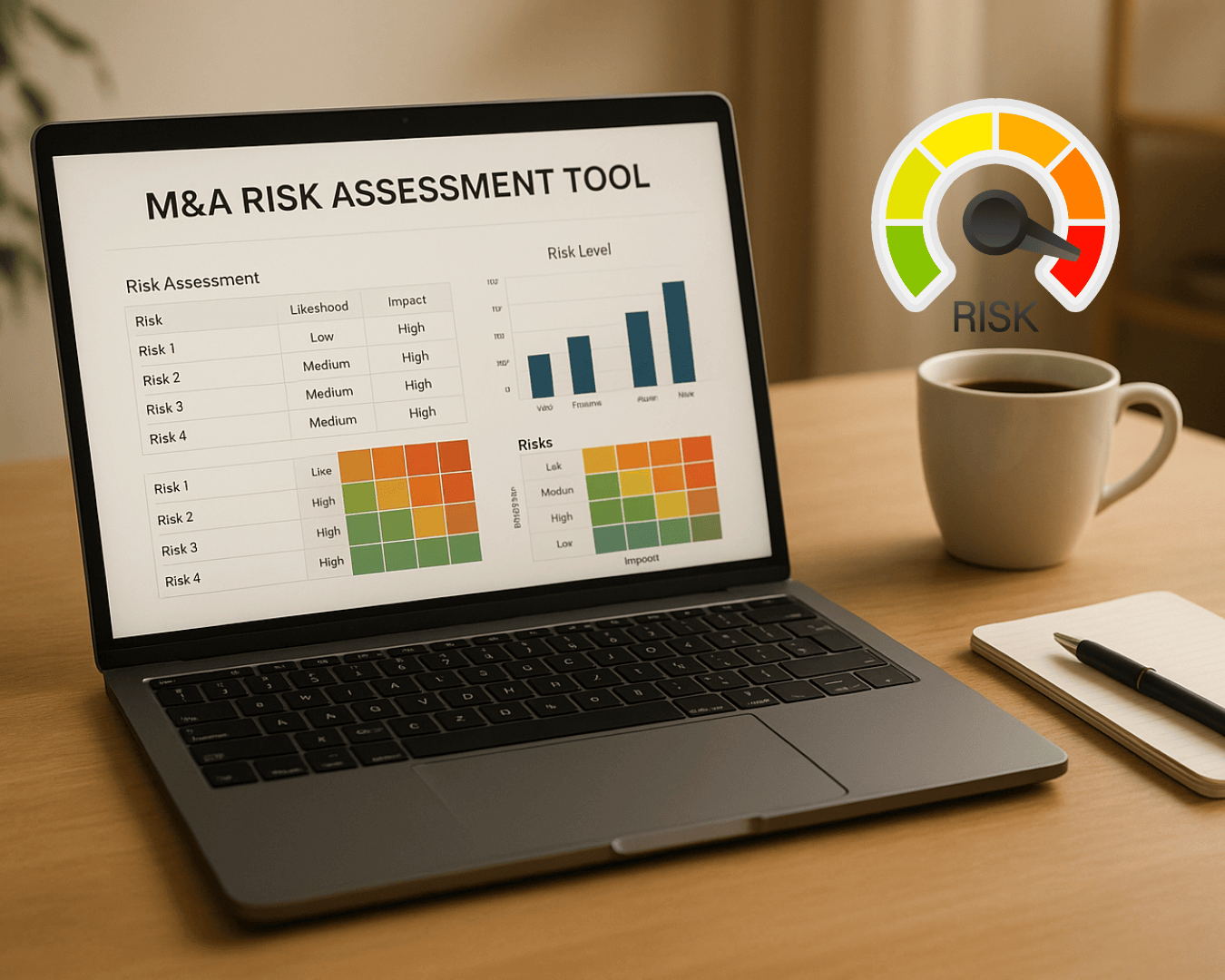When considering the sale, purchase, or merger of a business, understanding the roles and qualifications of various advisors is crucial. The landscape of business brokerage and M&A advisory is often clouded with confusion, particularly around licensure and the professional status of brokers. This article aims to elucidate these differences and highlight the importance of engaging highly skilled and technologically adept brokers, such as those found on Clearly Acquired.
Understanding the Roles: Business Brokers vs. M&A Advisors
The marketplace for business transactions includes two primary types of service providers: business brokers and mergers and acquisitions (M&A) advisors. While both facilitate business deals, their scopes, services, and client profiles differ significantly.
Business Brokers
Business brokers typically handle smaller, local, or regional transactions. They specialize in single, stand-alone businesses with deal sizes ranging from a few thousand to a few million dollars. Their clients are often individual entrepreneurs or small firms with specific, localized needs.
Example:
- Scenario 1: A certified mechanic looking to purchase an established car repair workshop in their locality to start their own business.
- Scenario 2: An individual investor seeking to buy a shop in an under-construction commercial property for future rental income.
Business brokers provide a list of available businesses for sale and assist in the evaluation based on current sales, location, and profit numbers. Their compensation usually involves a commission based on the deal's value.
M&A Advisors
M&A advisors operate on a larger, often national or global scale, handling complex transactions involving multi-million dollar deals. Their clients are typically large organizations, government entities, or individual entrepreneurs engaged in large-scale projects.
Example:
- Scenario 1: An automobile firm looking to build a multi-city network of garages.
- Scenario 2: An entrepreneur investing in a large-scale real estate project to finance and purchase a block of shops.
M&A advisors offer comprehensive services, including strategic target identification, investment analysis, intellectual asset valuation, and future growth potential. They are compensated through a combination of percentage payouts and rewards for specific engagement efforts and additional services.
Key Differences in Valuation and Scope
The differences in client profiles and transaction sizes between business brokers and M&A advisors necessitate distinct valuation methods and scopes of service.
Business Brokers:
- Focus on current sales, location, and profit numbers.
- Limited to presenting a list of available local or regional businesses.
M&A Advisors:
- Utilize elaborate valuation methods considering strategic potential, required investments, and intellectual assets.
- Work strategically with clients to scout for new, often unidentified, targets.
Compensation Structures
Business brokers typically earn a commission based on the transaction value. In contrast, M&A advisors may receive both a percentage of the deal and additional fees for extended services, reflecting the long-term nature of their engagements.
Legal Framework: SEC Exemption for M&A Brokers
A significant legal update relevant to this discussion is the new provisions in the Consolidated Appropriations Act, 2023 (H.R. 2617), which exempts certain M&A brokers from registering as broker-dealers with the U.S. Securities and Exchange Commission (SEC) for transactions involving eligible privately held companies.
Key Definitions:
- M&A Broker: A broker engaged in effecting securities transactions solely in connection with transferring ownership of an eligible privately held company through various means, including purchase, sale, exchange, issuance, repurchase, or redemption.
- Eligible Privately Held Company: A company with no class of securities registered under §12 of the Exchange Act and earnings before interest, taxes, depreciation, and amortization (EBITDA) less than $25 million and/or gross revenues less than $250 million.
Eligibility Requirements:
To benefit from the exemption, an M&A broker must avoid disqualifying activities such as directly holding funds, engaging in public offerings, or providing financing. They must also ensure buyers receive necessary disclosure documents and that transactions do not involve passive buyers.
Conclusion
Understanding the distinctions between business brokers and M&A advisors is critical for business sellers and buyers. Selecting the right advisor involves considering the complexity of the transaction, the scale of operations, and the specific needs of the business. While M&A advisors offer more comprehensive services, they come at a higher cost. Business brokers provide a more economical option but are limited in scope.
For those navigating the intricate world of business transactions, leveraging the expertise of skilled and technologically advanced brokers, like those on Clearly Acquired, can make a significant difference. These professionals are equipped to handle the complexities of modern business deals, ensuring successful outcomes for their clients.
By clarifying these differences and the SEC's legal framework, this article aims to empower business sellers and buyers to make informed decisions and choose the right advisors for their needs.
























.png)







































.png)













































